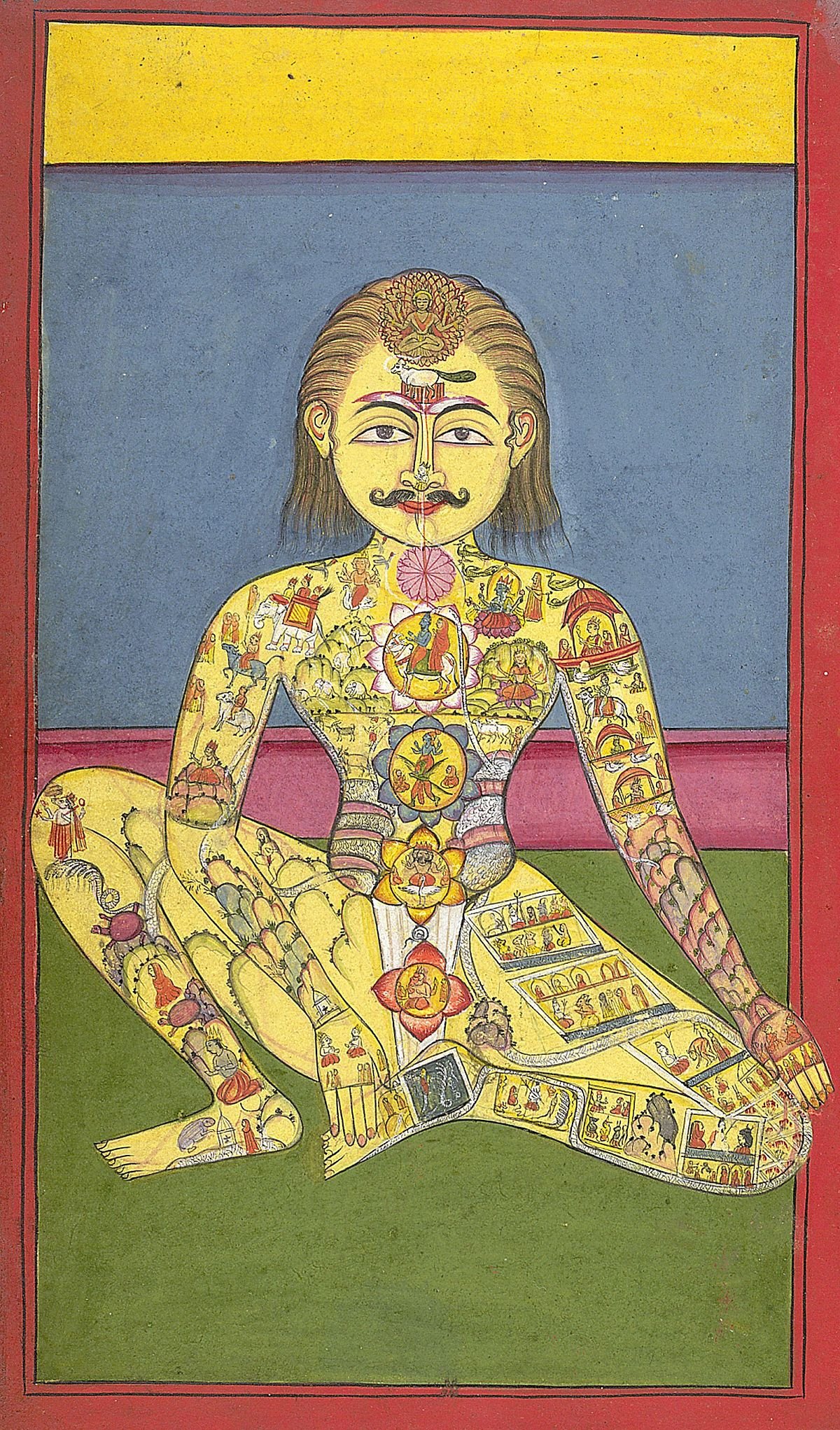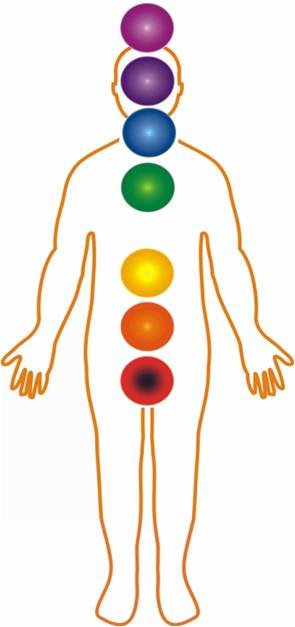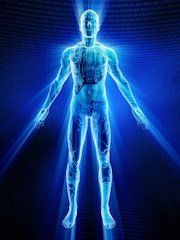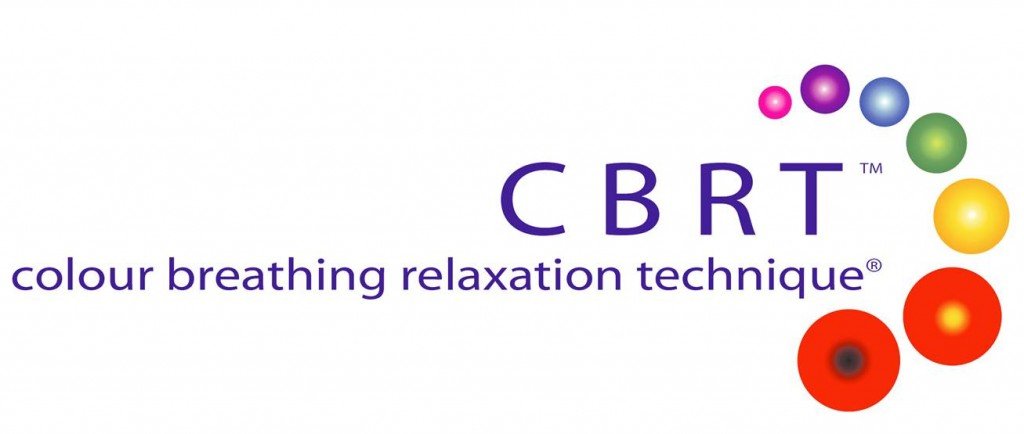


Integrative medicine -
Integrative medicine is a form of holistic medicine. Based on treating a person as a whole, all forms of holistic medicine aim to improve a person's health in a wide variety of aspects. Integrative health brings conventional and complementary approaches together in a coordinated way. Integrative health also emphasizes multimodal interventions, which are two or more interventions such as conventional health care approaches (like medication, physical rehabilitation, psychotherapy), and complementary health approaches (like acupuncture, yoga, and probiotics) in various combinations, with an emphasis on treating the whole person rather than, for example, one organ system. Integrative health aims for well-coordinated care among different providers and institutions by bringing conventional and complementary approaches together to care for the whole person.
Holistic Therapy
Holistic’ comes from the Greek word holos, meaning ‘whole.’ Holistic therapies have been effectively used for centuries and can play an important role in maintaining good health and overall well-being. Rather than addressing individual symptoms, a holistic therapist will look for the underlying cause by considering physical, mental, emotional, social and spiritual states of health and well-being.
Complementary Therapy
A complementary therapy means you can use it alongside your conventional medical treatment.
Below are some examples of support from senior individuals within different modalities:
Terry Cullen, Chairman of the BCMA (BRITISH COMPLEMENTARY MEDICINE ASSOCIATION) in 2004
"Colour Breathing is a therapy that probably suits a larger percentage of the population than most therapies because of its gentle and neutral approach, and the BCMA recognised this when accepting Alison and her pioneering healthcare system."
Simon Dodds, Consultant Vascular Surgeon
“This makes complete sense to me. Sight is our primary sense (more than 70% of people have this as their primary modality) and colours are linked to emotions at a deep neurophysiological level – this is the way we are wired. Mental health is a continuum just as all other dimensions of health (e.g. weight) are – and health is all about balance (with weight it is the balance of lean mass and non-lean mass). Mental illness = mental imbalance = internal conflict.
Relaxation is the process of consciously and deliberately turning down the volume of the external stimuli and the voices in our heads that they trigger. Once you learn to do this consciously you can do it at will and you gain control of yourself and confidence in yourself. You regain the balance.
So it makes sense to me that colour can be used to smooth that process of relaxation and allowing the quiet voice of the real you to speak, be heard and to grow stronger.”
Richard Gerber, M.D. (1954-2007)
“I believe Colour Breathing, as described by the techniques of Alison Bourne, are perfectly valid and in need of further research to elucidate the many potential therapeutic benefits for a number of disease states. There are no side effects, cost to patients minimal, and only potential healing benefits to be gained. I believe that further medical research will validate this technique, among other approaches in colour healing, as one that will be incorporated in the medical armamentarium of future health care systems.”
Vibrational Medicine
The standard reference book on energetic healing, Vibrational Medicine has sold more than 125,000 copies and gained widespread acceptance by individuals, schools, and health care institutions nationwide as the textbook of choice for the study of alternative medicine.
Trained in a variety of alternative therapies as well as conventional Western medicine, Dr. Gerber provides an encyclopedic treatment of energetic healing, covering subtle-energy fields, acupuncture, Bach flower remedies, homeopathy, radionics, crystal healing, electrotherapy, radiology, chakras, meditation, and psychic healing.
He explains current theories about how various energy therapies work and offers readers new insights into the physical and spiritual perspectives of health and disease.
Dr.Richard Gerber received his medical degree from Wayne State University School of Medicine in Detroit. He was highly respected for his thirty-one years of progressive research into alternative methods of diagnosis and healing.
Whole person health
Whole person health refers to helping individuals, families, communities, and populations improve and restore their health in multiple interconnected domains—biological, behavioral, social, environmental—rather than just treating disease. Research on whole person health includes expanding the understanding of the connections between these various aspects of health, including connections between organs and body systems.
This website is not intended to provide medical diagnosis, advice, treatment, or endorsement.
All rights reserved. CBRT Healthcare Innovation Systems Ltd 2026.
